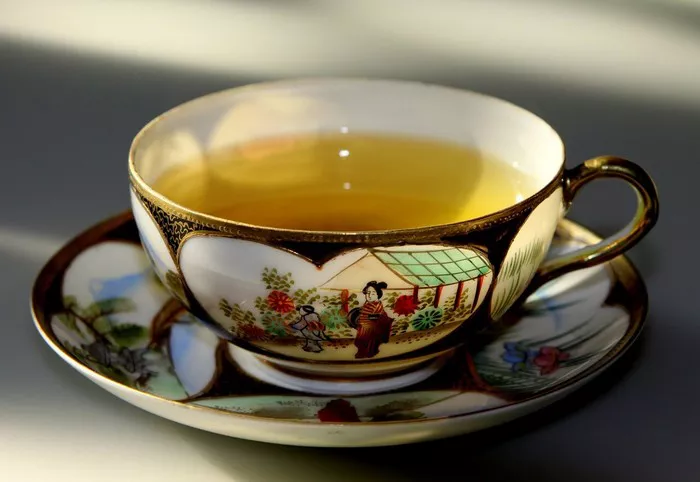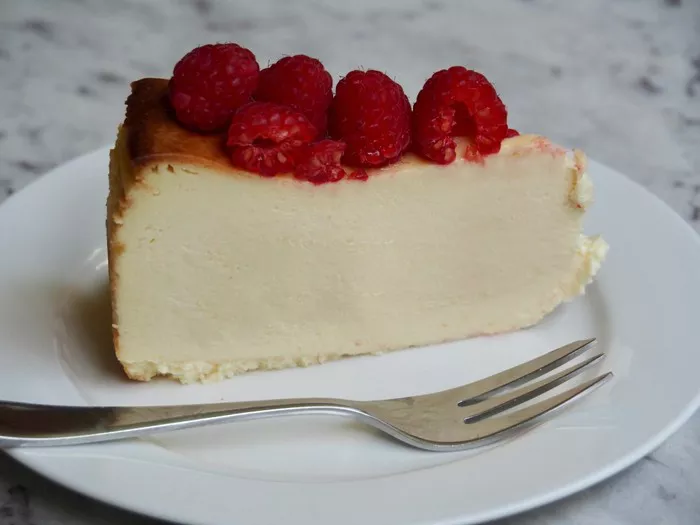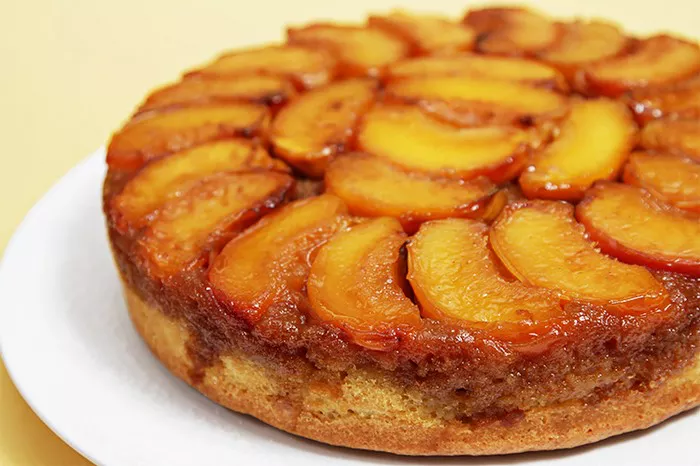When it comes to finding natural remedies to help manage blood pressure, herbal teas can be a comforting ally.
In this article, we’re going to explore the calming powers of herbal tea and discover which brews may offer relief for those battling with high blood pressure.
Without further ado, let’s embark on this herbal journey to wellness!
Overview of High Blood Pressure
Before we delve into the world of herbal teas, let’s take a moment to understand what high blood pressure is all about.
Also known as hypertension, high blood pressure occurs when the force of blood against the walls of your arteries is consistently too high. This condition can increase the risk of serious health problems such as heart disease, stroke, and kidney disease if left untreated.
While medication and lifestyle changes are often recommended to manage high blood pressure, some people may also seek out natural remedies like herbal teas to help support their health.
The Power of Herbal Teas
Now, let’s talk about how herbal teas can play a role in managing high blood pressure.
While more research is needed to fully understand the effects of herbal teas on blood pressure, some studies suggest that certain herbs may have properties that help relax blood vessels, improve circulation, and reduce inflammation – all of which can contribute to lower blood pressure levels.
Additionally, many herbal teas are naturally caffeine-free and low in calories, making them a healthy and hydrating choice for those looking to support their cardiovascular health.
Best Herbal Teas for Managing Blood Pressure
Alright, let’s get down to the leafy business and explore some of the best herbal teas for managing blood pressure:
1. Hibiscus Tea:
Known for its vibrant red color and tart flavor, hibiscus tea has been shown to have potential benefits for heart health, including lowering blood pressure. Some studies suggest that drinking hibiscus tea may help lower both systolic and diastolic blood pressure levels, thanks to its high levels of antioxidants and anti-inflammatory properties.
2. Green Tea:
While technically not an herbal tea, green tea deserves a mention for its potential cardiovascular benefits.
Green tea is rich in catechins, a type of antioxidant that has been shown to improve heart health and may help lower blood pressure levels.
Opt for decaffeinated green tea if you’re sensitive to caffeine, as excessive caffeine intake can potentially raise blood pressure levels.
3. Lemon Balm Tea:
Lemon balm is a fragrant herb from the mint family that is often used to make soothing herbal teas. Some research suggests that lemon balm may help lower blood pressure levels by promoting relaxation and reducing stress and anxiety – two factors that can contribute to high blood pressure.
4. Passionflower Tea:
Passionflower is a flowering plant that has been used for centuries in traditional medicine to promote relaxation and reduce anxiety. Some studies suggest that passionflower may help lower blood pressure levels by dilating blood vessels and improving circulation, although more research is needed to confirm these effects.
5. Chamomile Tea:
Chamomile tea is well-known for its calming properties and is often used to promote relaxation and improve sleep quality. While research on chamomile tea and blood pressure is limited, some studies suggest that chamomile may have mild hypotensive effects, meaning it may help lower blood pressure levels slightly.
Brewing Tips and Considerations
Now that you know which herbal teas may offer relief for high blood pressure, here are some tips for brewing and enjoying them to their fullest:
1. Brewing Method:
To get the most out of your herbal tea, follow the brewing instructions on the packaging or steep the tea for 5-10 minutes in hot water before straining and enjoying.
2. Frequency:
While herbal teas can be a soothing addition to your daily routine, it’s essential to drink them in moderation and not rely solely on them to manage high blood pressure. Be sure to consult with your healthcare provider before making any significant changes to your diet or lifestyle.
3. Quality Matters:
When selecting herbal teas, opt for high-quality, organic varieties whenever possible to ensure you’re getting the most potent and pure ingredients.
4. Be Mindful of Interactions:
Some herbs used in herbal teas may interact with certain medications or health conditions, so it’s essential to talk to your healthcare provider before incorporating them into your routine, especially if you have any underlying health concerns.
Conclusion
While herbal teas can be a comforting and delicious addition to your daily routine, they are not a substitute for medical treatment or lifestyle changes prescribed by your healthcare provider.
However, by incorporating herbal teas into a healthy diet and lifestyle, you may find some relief from the symptoms of high blood pressure and support your overall cardiovascular health. So brew yourself a cup of herbal goodness, and sip your way to wellness!























